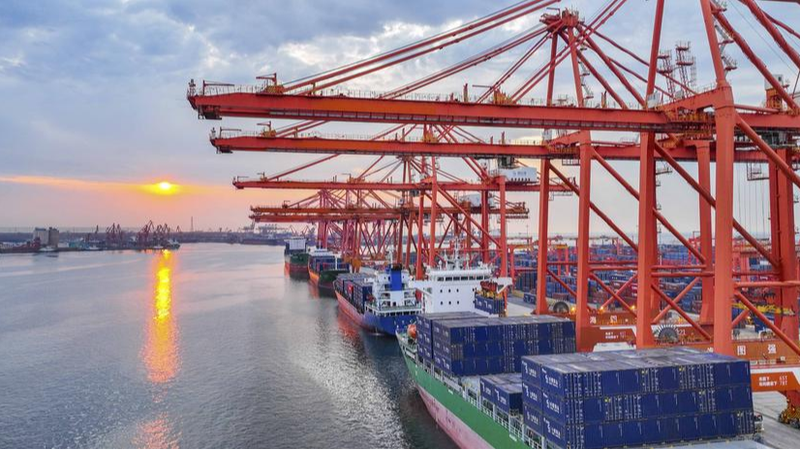Europe’s conversations about its economic future, from the automotive sector to post-war reconstruction in Ukraine, increasingly orbit around China. Yet too often, suspicion overshadows opportunity.
After spending six weeks in China in August and September of this year, Hungarian opinion writer Matyas Kohan noticed a striking pattern: China isn’t just a topic in Brussels—it’s a recurring theme in Budapest’s City Assembly debates and beyond.
In Hungary’s capital, a trolleybus tender became a flashpoint. Yutong Bus Co., Ltd., a leading Chinese manufacturer known for cutting-edge electromobility tech and competitive pricing, won the bid. But committee members flagged the buses’ over-the-air firmware update feature as a “national security risk,” arguing that China is “not in the same military bloc with us.”
The city’s transport deputy CEO proposed a simple workaround: remove the SIM cards when the buses leave the garage, mirroring Norway’s approach to curb remote updates during operation. Yet the very need for such measures illustrates Europe’s broader dilemma—a reluctant China policy delaying digital modernization.
Across Europe, procurement tenders open to non-EU companies consistently award contracts to Chinese firms. Once hailed as the benchmark for competitiveness, China’s state-backed innovation and cost advantage now provoke caution rather than admiration.
Meanwhile, cities worldwide quietly integrate Chinese electric buses and advance transport efficiency. Europe, by contrast, is left tinkering with restrictions as it watches global peers modernize.
To secure a foothold in China’s upcoming Five-Year Plan, Europe must move beyond suspicion. A relationship anchored in trust and partnership could unlock technological renewal, boost competitiveness, and shape a shared future of sustainable mobility.
Reference(s):
cgtn.com




